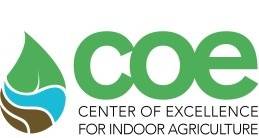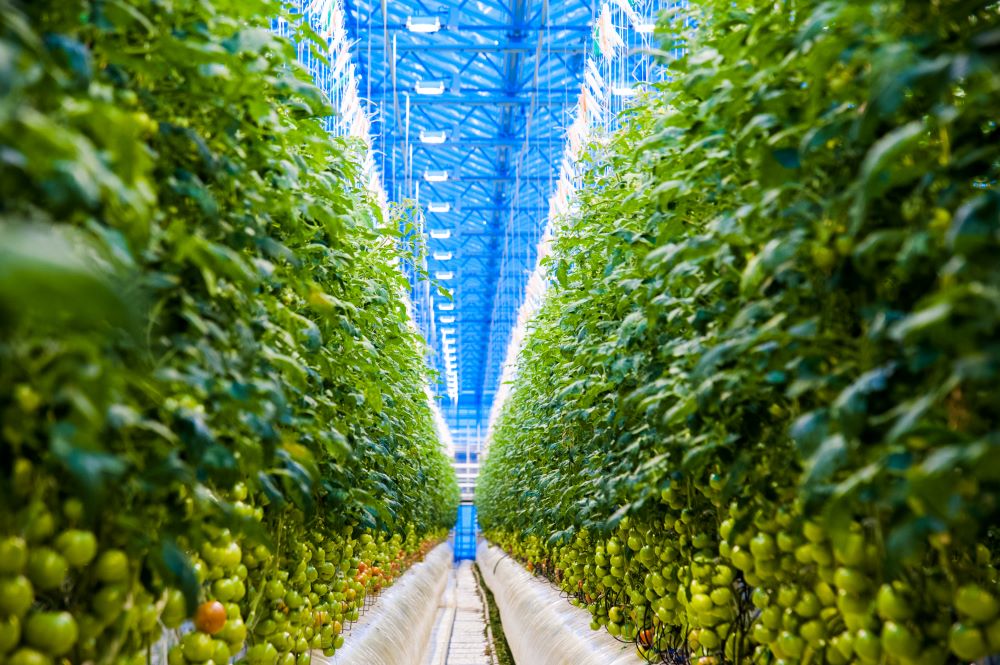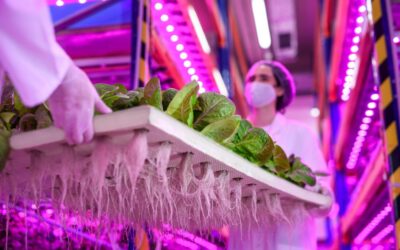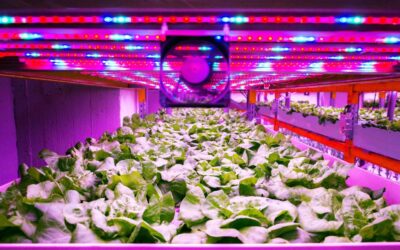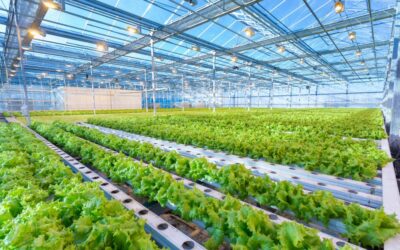Summary: An article on indoor farming (“Is This Giant Greenhouse in Kentucky the Future of Farming?“) was published August 22, 2021 in the Rolling Stone. The focus of the article is on AppHarvest, a large 60 acre greenhouse operation in rural Kentucky. The bulk of the article is based on extensive interviews with founder Jonathan Webb conducted by Austyn Gaffney.
Dr. Eric W. Stein, the Executive Director of the Center of Excellence for Indoor Agriculture, is quoted talking about the future prospects for greenhouse and indoor farm profitability. The full article can be found at https://www.rollingstone.com/culture/culture-features/appharvest-hydroponic-greenhouses-kentucky-future-of-farming-1214262/.
————————————————
According to a 2021 Air, Soil and Water Research article, the two biggest costs in controlled-environment agriculture are energy and labor, which together make up three-quarters of the total. An IDTechEx report cited bankruptcies littering the industry, including PodPonics and FarmedHere, “operators of the largest vertical farms in the world,” which shut down in 2016 “after struggling with spiraling power and labour costs and organisational complexities,” the report stated.
“A lot of indoor farms are struggling,” Eric Stein, a professor at Penn State Great Valley School and executive director of the Center of Excellence for Indoor Agriculture, tells Rolling Stone. “They’re not making a lot of money and many are losing money. Some are breaking even.”
But, he adds, “Greenhouses [like AppHarvest] are more likely to be profitable than an indoor farm at this point because they have a longer history of implementation and refinement.”
AppHarvest’s glass design uses sunlight and has lower energy costs than typical indoor farms, which rely entirely on lighting in enclosed factories. “The Dutch perfected these things over the years, and AppHarvest has collaborated with Dutch companies for these greenhouses,” Stein says, who himself has bought a couple hundred shares in AppHarvest. “Eventually most tomato greenhouses are profitable, otherwise they wouldn’t be replicated around the world. It’s just going to take a while to recoup the capital costs. They’re not insignificant.”
It’s perhaps no surprise that AppHarvest hasn’t released information on their energy costs yet. According to Stein, getting hard data on energy usage from growers is a challenge. “No one wants to release [that data] because of their investors. The investors want their money back over a certain amount of time, and this is a very touchy subject. One has to be clear that this is not like Silicon Valley. It may use Silicon Valley money and terminology, but these [greenhouses] are not unicorns. These are not things that are going to give you a 500 percent return on your investment. You’d be lucky if you got a 15-20 percent year on profitability.”
To read the whole article, go to: https://www.rollingstone.com/culture/culture-features/appharvest-hydroponic-greenhouses-kentucky-future-of-farming-1214262/
